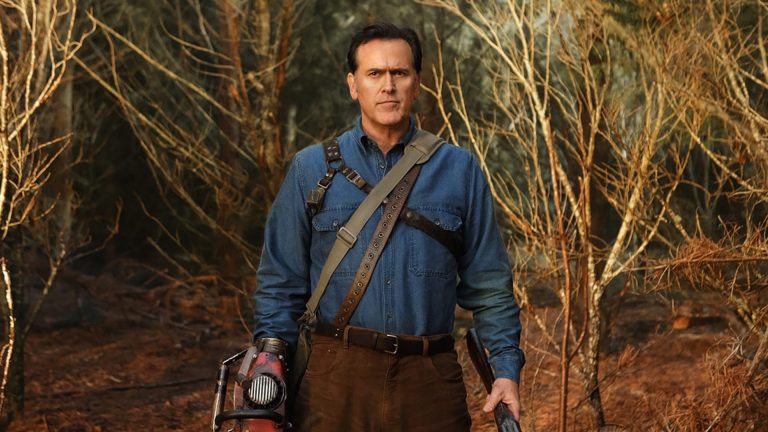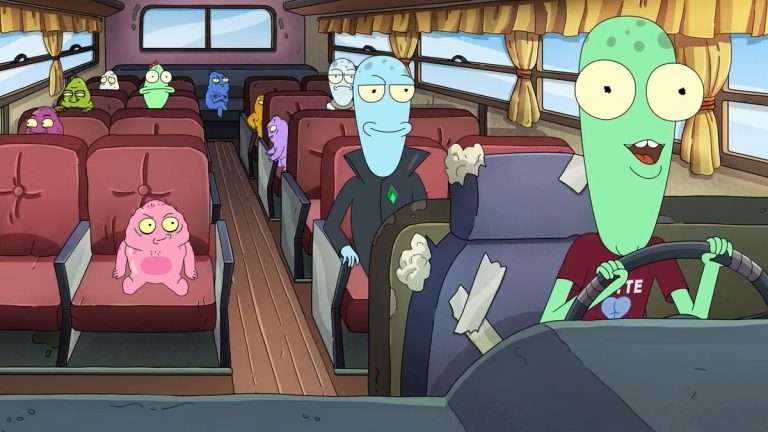Netflix’s latest docuseries, Fit for TV: The Reality of the Biggest Loser, pulls back the curtain on one of reality TV’s most talked-about—and controversial—phenomena. Whether you cheered on contestants, cringed at the harsh weigh-ins, or wondered what really went on when the cameras stopped, this new three-part special offers an unfiltered look at The Biggest Loser like never before. Through candid interviews and behind-the-scenes revelations, it asks tough questions about weight, wellness, and the price of turning personal transformation into prime-time entertainment.
What Is ‘Fit for TV: The Reality of the Biggest Loser’ About?
At its heart, Fit for TV explores what it was actually like to compete on The Biggest Loser. The original show featured contestants, labeled as overweight, battling it out over 30 weeks to lose the most pounds. With a mix of intense workouts and fat-shaming drama, it quickly became a phenomenon, but it also sparked plenty of controversies and questions about health, ethics, and reality TV manipulation. This docuseries, directed by Skye Borgman, doesn’t just focus on dramatic before-and-afters. Instead, it gives us a behind-the-scenes look through interviews with former contestants, trainers, producers like JD Roth and David Broome, and health professionals who all have a story to tell.
Who Will You See in the Docuseries?
Expect honest insight from people who lived through it, including:
- David Broome: Co-creator and executive producer
- JD Roth: Co-creator and executive producer
- Danny Cahill: Season 8 winner who lost nearly 240 pounds but struggled to keep it off
- Bob Harper: Trainer famous for his tough love
- Suzanne Mendonca: Season 2 contestant
- Alison Sweeney: Host for many seasons
- Medical & wellness experts: Like Dr. Robert Huizenga (the show’s physician), and critics such as diet culture podcaster rey Gordon.
One notable absence is Jillian Michaels, one of the show’s iconic trainers. The series reveals new layers of old drama, such as Harper sharing how show producers sometimes encouraged him and Michaels to push people for “good TV”—even if that meant screaming at contestants or putting them into physically risky situations.
What You’ll Learn About ‘The Biggest Loser’?
View this post on Instagram
The docuseries doesn’t shy away from tough topics. The filmmakers look at how contestants were essentially pushed to do hours of exercise while restricting calories—and how this affected their bodies, minds, and lives long after the cameras stopped rolling. The series documents real struggles: contestants passing out, dealing with health emergencies like rhabdomyolysis, and facing pressure to stay entertaining for viewers.
Fit for TV fact-checks long-term effects, referencing a 2016 study that followed 14 former contestants. Nearly all gained back their lost weight, and some ended up heavier than when they started. Even those who succeeded, like Danny Cahill, found it almost impossible to maintain their results—often wishing the show offered more aftercare, like gym memberships or counseling, instead of just dropping them after filming wrapped.
Controversy and Criticism:
Making weight loss a spectacle brought plenty of heat. Season 15’s winner Rachel Frederickson made headlines after reaching just 105 pounds, sparking debate over whether the show was encouraging unhealthy habits. The show ran from 2004 to 2016, returned briefly in 2020, but critics—from viewers to doctors—questioned the safety and ethics behind the “magic bullet” approach to health that fueled viewership and revenue.
Reflecting on the Reality:
Looking back, director Skye Borgman says watching The Biggest Loser now is nothing like watching it when it first aired. The docuseries urges us all to think about our relationships with our bodies, how TV shapes those ideas, and what true health really looks like. The show’s legacy is complicated—some found inspiration, but many were left struggling physically and emotionally after the cameras stopped.
Should You Stream It?
If you ever wondered what was really happening behind the scenes of The Biggest Loser, or if you’re interested in discussions about diet culture, body image, and reality TV, this docuseries on Netflix is worth your time. It’s eye-opening, honest, and doesn’t hide the harsh truths behind one of America’s biggest television obsessions.






